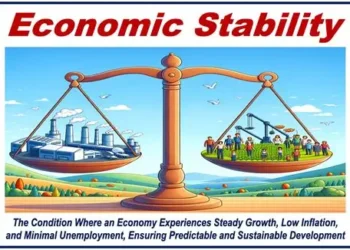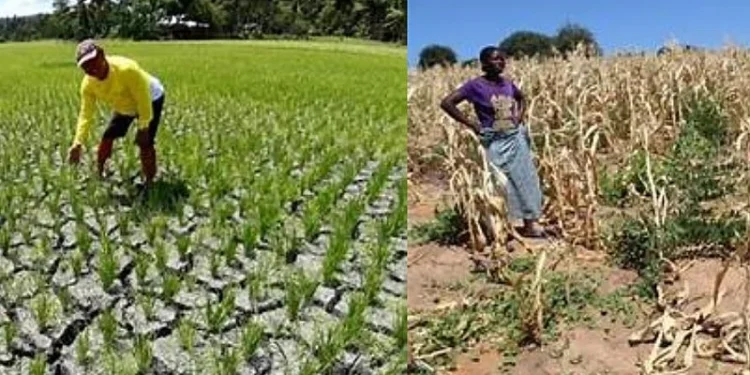Prof. John Gatsi, an Economist and the Dean of the School of Business at the University of Cape Coast, although optimistic about the benefits of the African CFTA on the Ghanaian economy has hinted that the potential of the FTA would not reflect in GDP growth in 2021.
Speaking in an interview with the Vaultz News, he intimated that the fact that the Free Trade Area has been operationalized would not exponentially increase economic activities immediately as a result of the operations from the trade bloc, but would take time.
“With particular reference to the FTA, I think this goes beyond what our people do by crossing the border every day.
“…We are now talking about people being able to produce to meet markets not only within Ghana, but meet markets in Nigeria, Cote D’Ivoire, South Africa, Zambia, Botswana, etc. That one will take time so, we shouldn’t believe that because this FTA has been operationalized, therefore everything will be moving here and there.
“… People will now have to go through contracts, understand the terms of the contract, will begin to readjust their production processes, packaging, et cetera, to meet the requirements of contracts. So, it will take some time for all those things to work very well in our collective interest.”
The general secretary of AfCFTA, Wamkele Mene, also shared similar sentiments in response to critics that: “It may take some time before each of us sees the direct benefit. We are not going to be deterred by our critics who say they don’t see evidence that trading has started.”
Recent growth forecasts from Moody’s Ratings Agency (4%), the World Bank (1.4%) and Cordros Capital (4.2%) had registered positive growth rates. Albeit, all forecasts hinted that shocks from the COVID-19 pandemic disease, if not checked, may avert such a positive outlook.
Prior to the commencement of the AfCFTA, general hopes were that, the AfCFTA is among the notable drivers of the continent’s resilience post-COVID-19. In the short term, however, Prof. Gatsi remarked that, the AfCFTA will not prominently feature as a driver of growth and offset the shock from the COVID-19 pandemic this year due to the underlying issues earlier mentioned, whilst making reference to Ghana’s GDP growth forecasts.

This goes to affirm the assertions of Fitch Ratings that, the impact of free trade would be positive for Africa’s economic potential, albeit the intensity of the impact is likely to be small and may not affect sovereign ratings. According to the International Ratings Agency, the FTA is likely to face a number of obstacles, based on a broader African outlook.
Accordingly, the Ratings Agency observed that, it is not clear as yet how effective the implementation and the enforcement of the AfCFTA will be. The likelihood is that, along the way, governments may be unwilling to accept certain limitations on their ability to enact policy, especially where trade liberalization requires governments to make politically unpopular decisions or interferes with domestic subsidies and exchange controls.
“Regional trade growth will continue to face obstacles. Infrastructure shortfalls, including poor roads and port congestion, remain a substantial challenge. More broadly, a lack of reliable power supplies and constraints on access to funding will continue to curb the potential for manufacturing production. Foreign-currency restrictions and bureaucratic impediments further hamper intra-regional trade,” Fitch asserts.
READ ALSO: AfCFTA Growth Impact too small to affect Sovereign Ratings- Fitch























